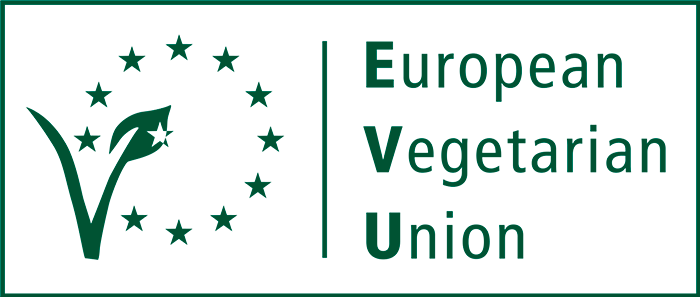On this day the Parliament voted on the Agriculture Committee’s proposals for a reform of the Common Agriculture Policy (CAP). Among those proposals was an amendment that sought to ban the use of sales designations such as ‘burger’ or ‘sausage’ for plant-based food products.
Fortunately, it was voted down by the majority of the plenary.
“We are glad that most MEPs apparently also found these amendments to be unnecessary and unhelpful.” says Ronja Berthold, Head of Public Affairs of EVU.
“As 50% of European consumers are actively reducing their meat consumption and in times of the ‘Farm to Fork Strategy’ and the ‘Green Deal’, which call on the promotion of plant-based diets and foods and making sustainable choices easier for consumers, few people could understand why the Parliament would suggest to thwart the plant-based food sector with such legislation.”, she added. In fact, a petition against the ban had almost reached 300.000 signatures.
Nevertheless, the ‘Veggie Burger Ban’ was not the only problematic amendment regarding the labelling of plant-based food. Unfortunately, MEPs adopted an amendment that further restricts the marketing of plant-based dairy alternatives.
While terms such as ‘milk’, ‘cheese’ or ‘yoghurt’ are already reserved for products that contain “mammary secretion” according to Regulation (EU) No. 1308/2013, the amendment leads to a further limitation of the use of such terms, as all references in commercial communications will now be prohibited. This includes descriptions such as ‘alternative to cheese’ or ‘yoghurt style’.
“How will consumers interested in plant-based dairy alternatives be able to distinguish between a yoghurt, pudding or curd alternative for example, if these terms are not allowed to describe the nature of a dairy alternative?” asks Ronja Berthold. “This extension of the dairy denomination law is clearly undermining consumer protection and transparency.” she added.
Now that the whole CAP reform was adopted, the package enters the trilogue negotiations with Council and Commission. Therefore not all hope is lost for plant-based dairy alternatives. 43% of European consumers are already consuming plant-based milk alternatives and this trend will continue, no matter the obstacles that are put in the way of dairy alternatives.


